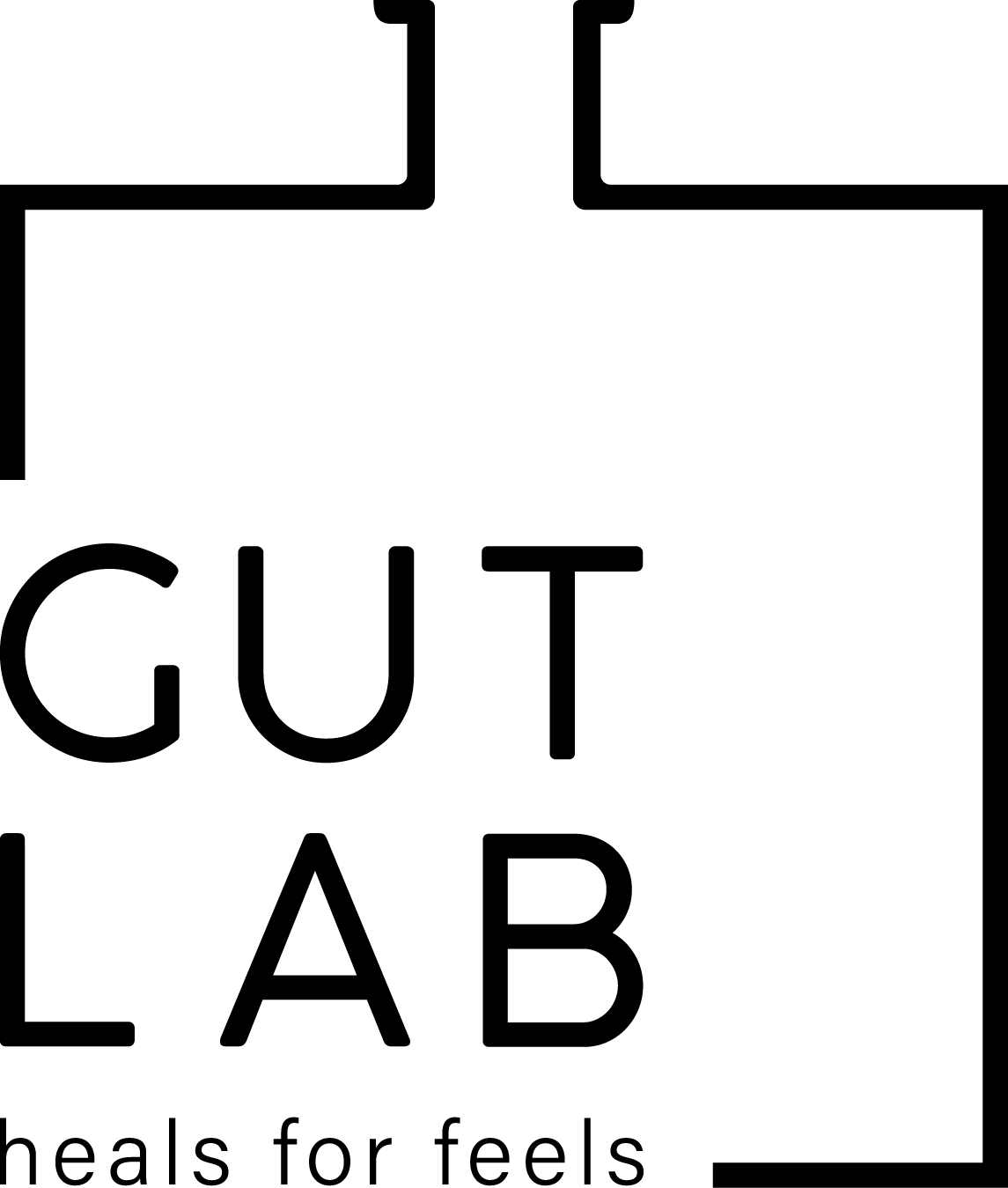Is your acid reflux caused by low stomach acid, not high?
Did you know that acid reflux is rarely due to too much stomach acid? It might surprise you that it’s more often caused by LOW stomach acid. And not only do acid blockers (PPI’s such as Nexium) fail to treat the problem, but they make the situation progressively worse!
Stomach acid is essential for breaking down food properly, and for killing any unwanted microbes on (and in) food before they reach the intestines. LOW stomach acid can cause bacterial overgrowths and dysbiosis in your intestines by failing to act as a gastric microbe barrier. Additionally, when stomach acid is low, pancreatic enzymes are not secreted and carbohydrates are not digested properly. These undigested carbs make their way to the intestines and ferment, resulting in bloating and gas.
Reflux or gastro-esophageal reflux disorder (GERD) is when stomach acid ‘leaks upwards’ into your oesophagus, by escaping through the open oesophageal sphincter. In a healthy stomach-oesophagus situation, the sphincter (like a little flap door) acts a gate between the oesophagus and the stomach. It opens to let food into the stomach and remains closed otherwise. When stomach acid levels are low, the activity of the oesophageal sphincter can be dysregulated. When the sphincter is not opening and closing correctly, reflux or GERD occurs. Further, when you have a combination of low stomach acid, bacterial overgrowth in the gut, and undigested carbs, you get bloating. Bloating puts excess pressure on your stomach contents, causing stomach acid to be pushed back up into the oesophagus, also causing reflux.
Testing to determine if you have low stomach acid or not.
A good way to determine if you have low or high stomach acid is to add 1 tablespoon of apple cider vinegar to a cup of warm water and drink it before you have your meal. If your reflux symptoms improve, this indicates you might have LOW stomach acid. If symptoms worsen, you could have high levels of stomach acid.
The medical testing option is very invasive, it involves having a long tube inserted down your throat, through the oesophagus and into the stomach, to assess the capacity of parietal cells to secrete acid.
Stool tests can also give us good clues, as the presence of dysbiosis, parasitic infections or bacterial overgrowths may indicate low stomach acid.
Common signs stomach acid could be low:
Reflux
GERD
Bloating
Gassy (fermenting food in the gut due to not being broken down properly)
Undigested food in stool
Feeling of not digesting foods properly
Feeling of gas or ‘stuck’ in stomach
Dysbiosis / SIBO – gastric microbial barrier not working.
Burping
Microbes - parasites or dysbiosis in stool test results
Nutrient deficiencies that food & supplements don’t solve.
PPI’s (acid blockers such as Nexium) do not work. They reduce stomach acid production, which exacerbates the problem. If you can’t eat a meal without taking an acid blocker, you must seek help in devising a plan to wean yourself off the acid blockers slowly and address the root cause of why your stomach acid is low.
Things you can do to support low stomach acid problems:
Consume zinc rich foods. Think animal proteins, especially oysters. It is best to increase zinc via food (before supplements) as excess zinc can throw off your copper balance.
Salt your food with quality salt like natural sea salt or pink salt. We need sodium to make stomach acid. This is especially for those eating very healthily - make sure you add good quality natural salt.
Chew your food properly. This mechanical step in the digestion process is very important. Chewing and being present (i.e. thinking about your meal before and during eating it) stimulates release of digestive enzymes.
Include bitter foods before or with a meal. E.g. rocket/arugula, radicchio, coffee, artichokes, radishes, dark chocolate, dandelion greens, dandelion tea, citrus rind.
Reduce stress. Parasympathetic nervous system activation (the opposite to fight or flight) is necessary for efficient stomach acid and enzyme production.
Stool testing – check for infections (e.g. H pylori) that release enzymes that decrease stomach acid.
Supplemental support:
Digestive enzymes
Betaine HCl
*Taking supplements will help you while you are fixing the problem, but they are not the solution. You need to work with someone to address the root cause and fix that.
*Dosing these supplements correctly is important, ensure you are instructed by a nutritionist or health practitioner.
Please click the button to contact Sarah about one-on-one consults to get your stomach acid situation and reflux in check!





